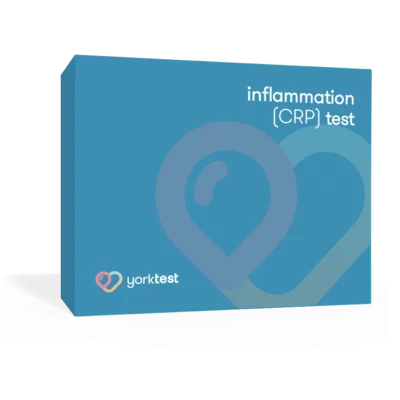What is acute inflammation?
Acute inflammation is the type most of us are familiar with. It’s the swelling and warmth we get around joints and wounds. This is caused when the immune system launches white blood cells to protect the injury site. It’s the body’s shield against infection, and also functions when you have an illness or virus like the flu.
What is chronic inflammation?
Chronic inflammation is the term used to describe a lingering inflammatory response. Some acute inflammation is required to encourage healing and bodily repair, so it isn’t always cause for concern. However, as is so often the case, there can be too much of a good thing, and chronic inflammation can actually cause more harm than good.
With chronic inflammation, the body continues to send white blood cells and chemicals to fight a perceived threat, as your immune system thinks you’re under constant attack. White blood cells might start to attack surrounding healthy body tissue or your organs.
Long-term chronic inflammation has been linked to diseases like cancer, heart disease, strokes and other medical conditions including asthma, so it’s important to keep it in check as much as possible.






